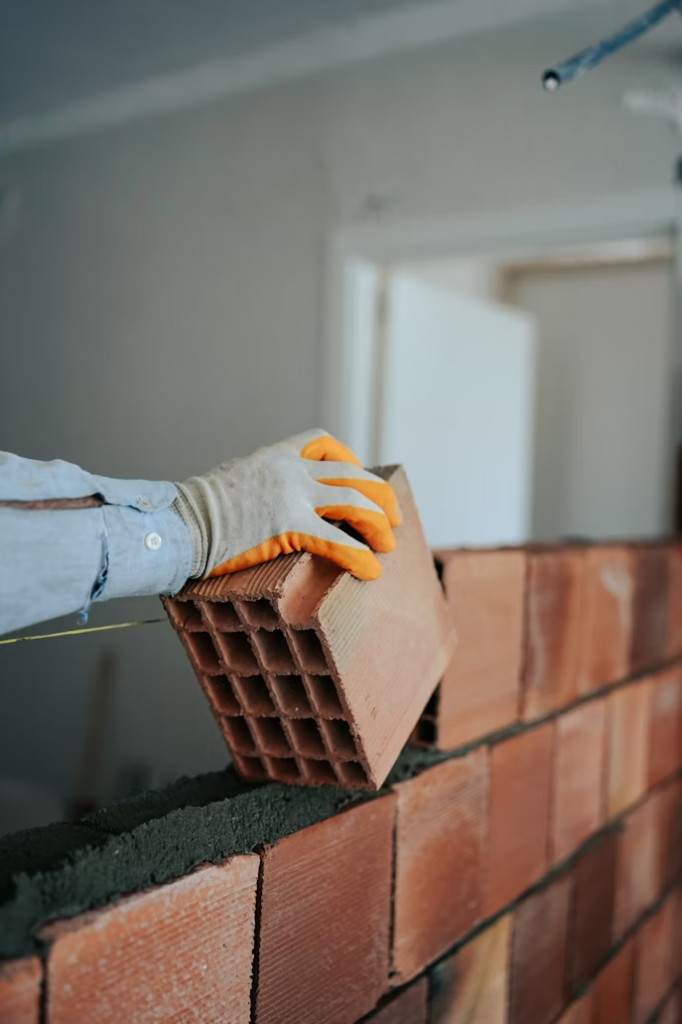Managing a multi-family property in Greater Boston comes with unique structural demands. When it comes to exterior maintenance, stone lintels, outer walls, and brick foundations all face intense seasonal wear throughout the region.
For property managers, understanding the basics of masonry isn’t going the extra mile – it’s a necessity. Managing properties goes a lot smoother with a good grasp – you don’t need a lintel replacement contractor in the future that way.
Let’s get into how property managers can prepare themselves to avoid masonry restoration for buildings.
Planning Ahead: Budgeting and Inspections
Most masonry issues start as subtle signs. They manifest themselves as issues like small cracks or mortar loss. One of the best ways to scope these out early is by allocating a budget for routine inspections. This is especially important during harsh winters.
This allows property managers to identify signs of wear and tear before they become safety hazards. At that point, it also becomes too expensive to fix those as masonry restoration for buildings can cost a fortune.
By being proactive, all property managers would need are small-time maintenance repairs like brick and stone repointing or turning to concrete repair services in Greater Boston.
Implementing Strict Building Code Compliance
In cities like Boston, there are specific local codes for building exterior maintenance. In Boston, buildings that are over 50 years old are also subject to these codes because of:
- Violation notices or fines from city inspectors.
- Legal liability if a tenant or civilian is injured due to falling masonry from pre-existing structural issues.
- In severe cases, there are even orders to vacate the premises.
As you can see, not paying heed to these building regulations can have painful and costly consequences in the long run.

The Importance of Seasonal Maintenance
In the Greater Boston area, the freeze-thaw cycle is one of the driving factors behind masonry deterioration. Water seeps into tiny cracks during monsoon rains, which then freezes and expands within the cracks during winter – causing the foundation of the concrete to become unstable.
This is a yearly process that cannot be avoided, but you can be prepared. Property managers should ideally start planning in Spring. Starting with potential inspections of masonry walls, lintels, and maybe restoring some walls is a practical idea. Spotting these signs early can avoid time-consuming masonry restoration for buildings.
Neglecting seasonal upkeep can be a convenience in the short run, but in the bigger picture, it simply drives up costs and can lead to emergency repairs that degrade property value and leave you more vulnerable to stressful inspections from city officials.
Perform Preventative Repairs With AMN Masonry
Hiring a proper concrete repair service in Boston can make the difference between a sudden emergency and a one-time expense. It’s in any property manager’s interest to not only understand the concepts of masonry but also to take preventative measures to ensure danger doesn’t arise.
Fortunately, with AMN Masonry, managers can do both. We don’t just aim to fix the damage we discover – we hope to help you understand how to prevent it.
For a thorough, stress-free inspection and repair process, contact us at AMN Masonry today!
